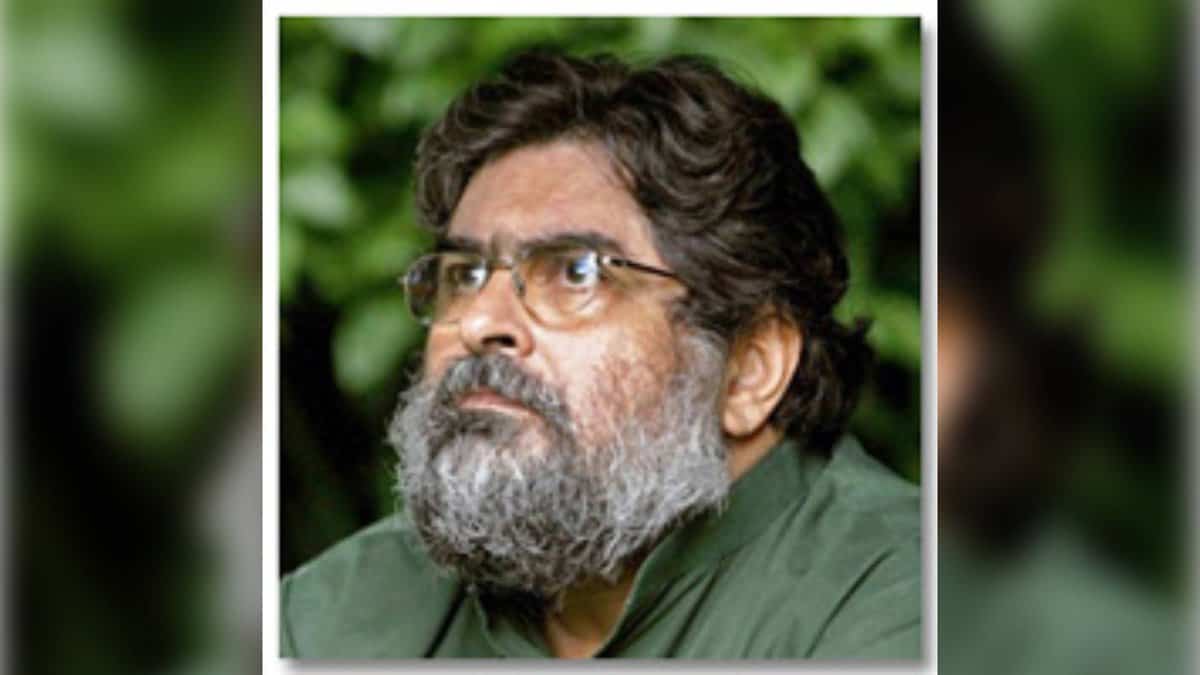
For thousands of years, human beings used to be terrified of tigers whenever they ventured into the jungles. Tigers were the apex predators. They were strong, fast and intelligent. But in modern times, the scenario has changed. The lives of tigers are in constant danger from unscrupulous poachers. The humans use a variety of traps to capture and kill the magnificent beasts.
However there are a handful of humans, blessed with wisdom and foresight, who are fighting for the safety of our national animal. One such person was Valmik Thapar who passed away recently. In his death the wild animals have lost a staunch protector and loyal friend.
He was one of India’s most respected wildlife experts and had produced many documentaries on India’s natural habitat for media organizations such as the BBC, Animal Planet, Discovery and National Geographic. His efforts helped to raise awareness among the general population about the lives of tigers and the factor that made them the most feared as well as revered animals of the jungle.
Illustrious family background
Valmik Thapar came from an illustrious family. He was born in Mumbai to parents who were both journalists. His father Romesh Thapar was the founder-editor of the monthly journal Seminar. General P.N. Thapar, former Chief of the Indian Army, was his uncle and journalist Karan Thapar is his cousin. Noted historian Romila Thapar is Valmik’s aunt. Writer Nayantara Sehgal, niece of Jawaharlal Nehru, is related to this family too. Later in life Valmik married Sanjana Kapoor, daughter of famous film actor Sashi Kapoor.
When he was a teenager, Valmik fell in love with wildlife, particularly tigers, because of the influence of the legendary wildlife expert Fateh Singh Rathore. The latter, who hailed from Jodhpur in Rajasthan, was widely acknowledged to be the most knowledgeable wildlife expert in India. Soon Valmik too developed similar qualities and became a passionate tiger lover.
Could sense proximity of tiger
It is reported that Valmik did not need to see a tiger but could sense when a tiger was around. If he was sleeping in a tent in the jungles along with a couple of friends, he would wake up in the middle of the night and say: “I can feel the presence of a tiger.”
One such incident has been narrated in an article in Conde Nast Traveller. The writer of the article, Toby Sinclair has written: “Valmik had an extraordinary sixth sense when tigers were around. One day, deep in the Karingaga forest, we stopped at a machan to have lunch and rest. The three of us, the driver and guard, all fell asleep. Suddenly Valmik sat up and quietly said, ‘Tiger’. We all stood up and looked out of the machan.
“Sure enough, in the distance, a tiger was walking along, following a group of hog deer. After a few minutes it disappeared, and we sat back on the floor. Forty minutes later Valmik announced, “Its back”! We stood up again and saw the tiger at least 500 metres away from the original sighting and heading in another direction. Valmik was sitting on the floor along with us but he knew that a tiger was around although we could not see it.”
Made others love tigers
Valmik had the ability to infuse others with the same love that he himself had for tigers. In the same article the author has described how Valmik accompanied him to Scotland in 1997. There the duo went to a school where the writer’s nephew was studying. For a couple of hours Valmik held an audience of children spellbound with his stories about the wild. He also got them to draw pictures of tigers and write about them as the next class project.
Between writing books, appearing on TV programmes, and narrating documentaries, Valmik also managed the Ranthambhore Foundation. The foundation worked with people living in the vicinity of the park and established an organisation called Dastkar, a cooperative craft society outside the park. He also set up the Ranthambhore School of Art as well as a primary health clinic which later became a full-fledged hospital.
Unfortunately, Thapar was diagnosed with cancer in 2024, and on 31 May 2025, he passed away at his home at the age of 73. But his influence crossed international borders and his opinions aired on the BBC, Discovery, and National Geographic channels, were heard across the world. His legacy remains as a beacon to motivate and guide wildlife lovers of the next generation.


